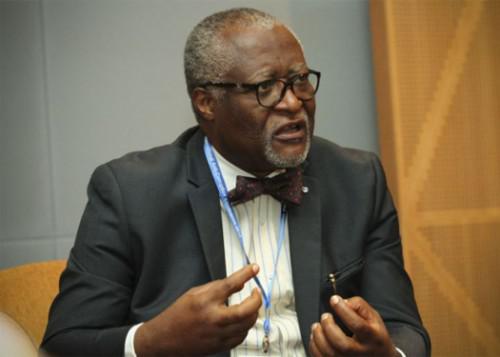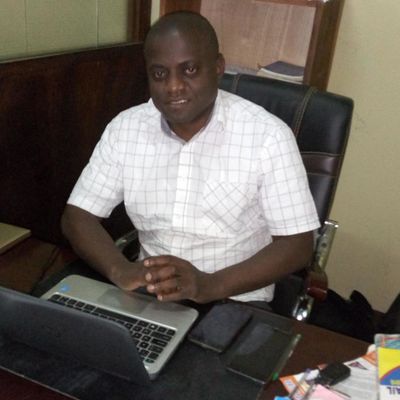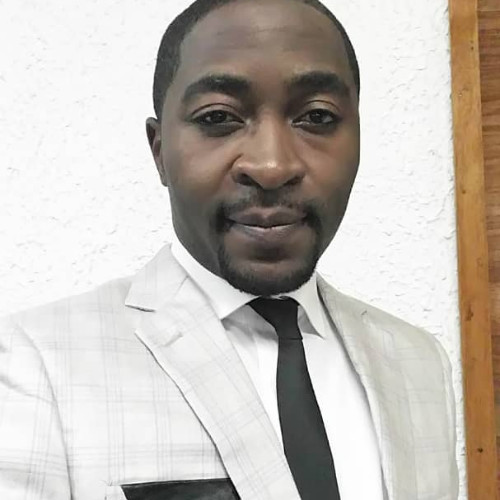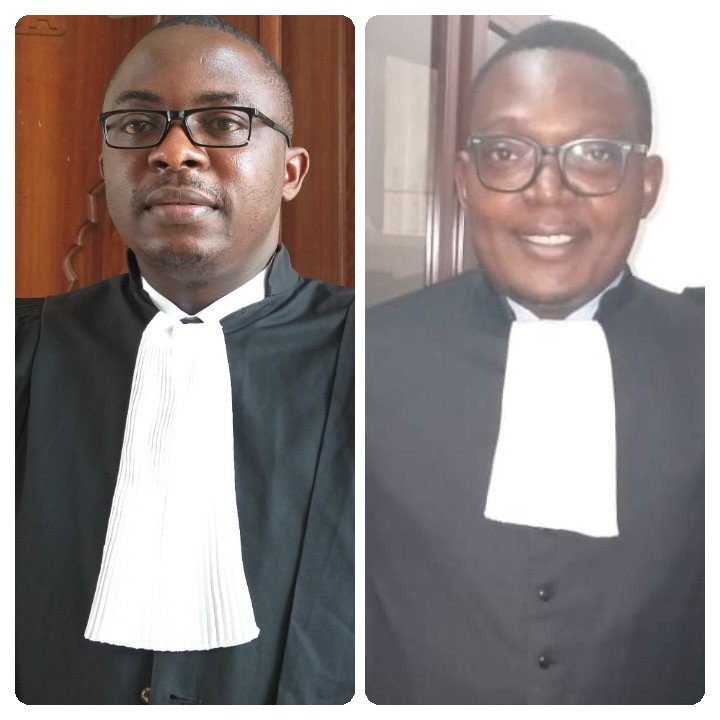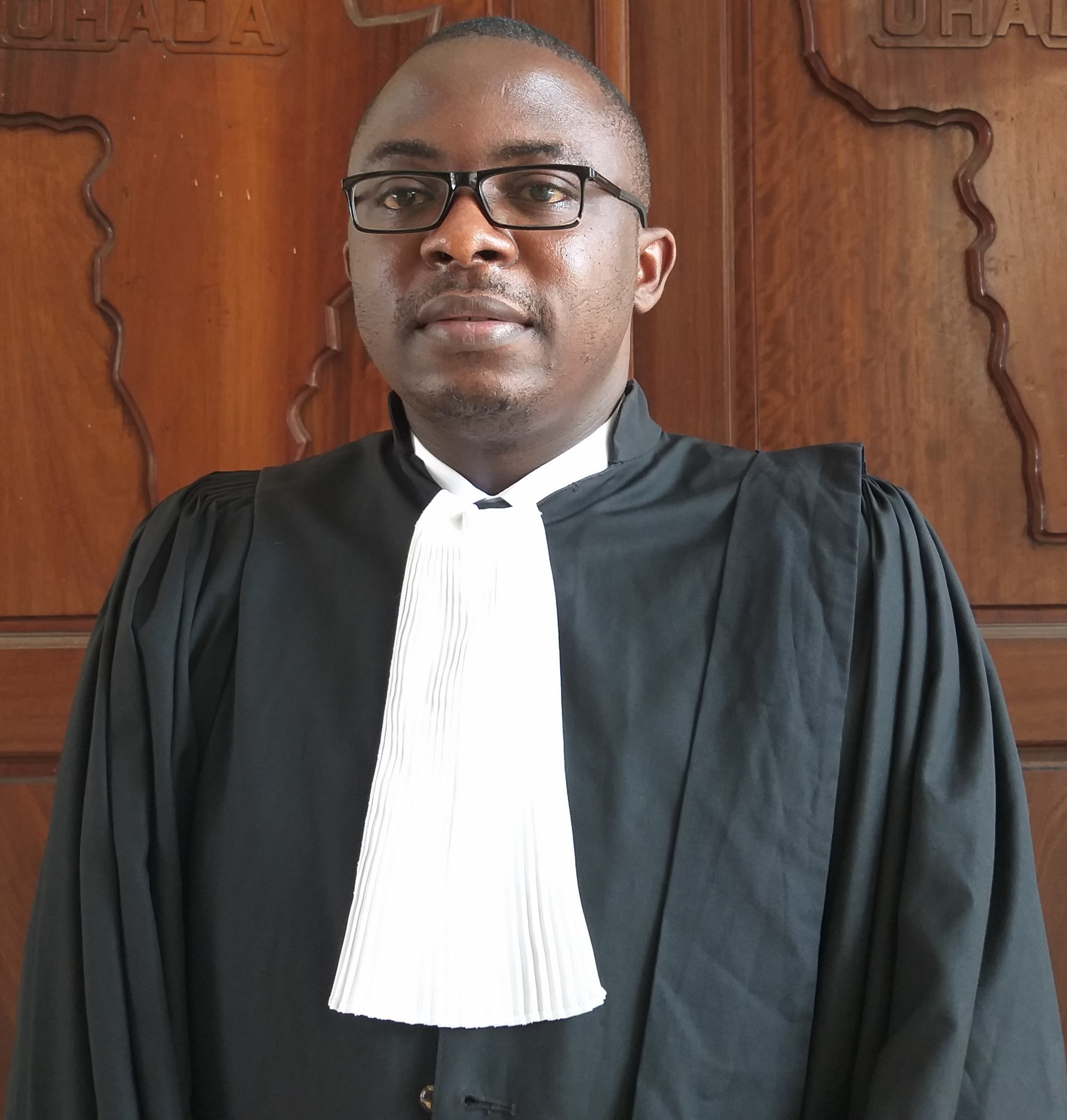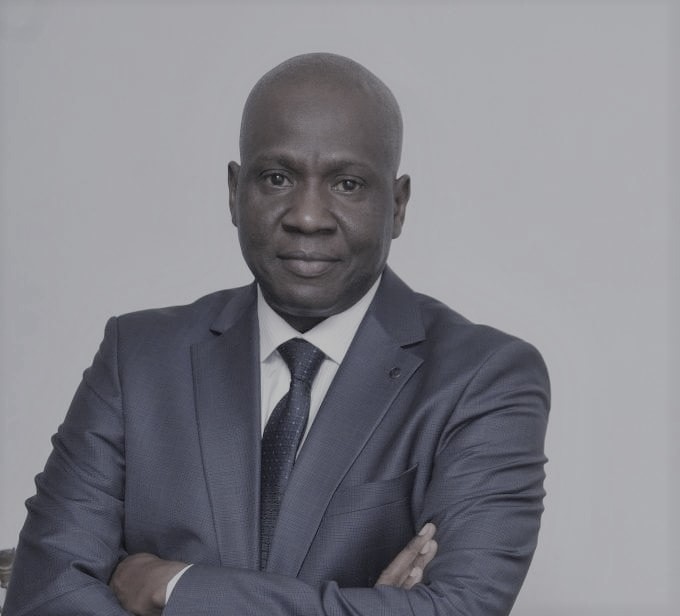Attorney Akere Tabeng Muna is currently the Chairman of the International Anti-Corruption Conference Council he is also Sanctions commissionner at African Development Bank.
Forcing learned gentlemen of the law into the streets robed in their wigs and gowns is something no Government should wish for. Lawyers are the defenders of those without power, and the watchdogs of the rule of law. Citizens, who are witnesses to such a spectacle, will immediately feel fragile, and the existence of the rule of law in any country will immediately be questioned.
As pictures of lawyers flooded the social media last November 08, 2016, and as I saw lawyers in the streets of Bamenda armed only with their ideas, their professional paraphernalia and the request for a dialogue, I wondered about the kind of denial that causes a few to think that because they shut their eyes nothing is happening; and that because they close their ears nothing is being said.
The fact that I can relate without any strain to the frustration of the Common Law practitioner convinces me to conclude that, the effects of cultural diversity in a country on the behavior of its citizens are complex and powerful.
The time has therefore come for our nation to put into place a new paradigm for the management of our cultural diversity. That is the price we must pay to find the true unity we seek and through it the strength for which we clamor.
The point of this article is not to make a pilgrimage into the past, but to reflect on the way forward. Some of those who have made the need to have a homogenous society their objective have failed to ensure that it does not become synonymous to assimilation. Any society with a minority that has a specific historical, geographical, and socio-political history must be managed in a manner to allay any fears of assimilation or discrimination and prejudice.
The movement of the Common Law Lawyers today must bring us to admit that, diversity in our country has been mismanaged. This has produced, negative dynamics, ethnocentrism, stereotyping and cultural clashes. These negative dynamics over the years have combined with imbalanced structures to create an atmosphere of social injustice. While it is true that diversity might well create ambiguity complexity and even confusion, the danger of assimilation under the guise of harmonization now appears as a time bomb.
In such an atmosphere polarization of social groups becomes easy and this ultimately will breed cynicism and resentment and even heighten friction and tension that could all lead to unfathomable consequences in terms of civil and political unrest.
It will be remiss of me to give the impression that there are no other diversities to be managed. Different groups have come up with memoranda about their regions, what is the response? These are the cries of people who feel that they have been left behind or in some cases left out totally.
Many international reports have concluded that the economic predicament of the areas attacked in the Central African Region, indeed facilitated the penetration by the terrorists. Thus many regions do face discrimination in many subtle forms, which are slowly contributing to disappointment and anger.
When conflict is the unfortunate outcome, the “majority” or the group controlling power will see and treat any incident as “isolated” when in fact the minority just count it as another event in the pattern of oppression and injustice that is imbedded in the system.
I must hasten to add that there have been times when I have personally been witness to the clear demonstration of political will to protect diversity and ensure the respect of our constitution.
When the very first OHADA laws were promulgated, the then Minister of Justice, Mr. Laurent Esso, delayed the application of the OHADA laws throughout the territory until they were translated and duly gazetted. He did this regardless of the coming into force date as per the Treaty. He insisted to the dismay OHADA authorities that our nation is bilingual and bi-jural. Further the accommodation of customary law in our judicial system is clear evidence of the fact that diversity can be accommodated.
In the final analysis, we must avoid building a nation where dialogue is assimilated to weakness and the strength of nation demonstrated by the use of force against its own people. We must have a system that builds in horizontal and vertical communication in the management of our diversity. We must unlearn practices rooted in an old mind set, change the way we manage diversity in our nation, shift our culture, revamp our policies, redesign and create new structures and emphasize the fact the ultimate goal of any Government is a better life for it citizens. The Swiss, the Nigerians, the Belgians, the Canadians, the Tanzanians just to name a few have all learned this. It is urgent that a high level Dialogue be initiated. So heed to the cry of the Common Law Lawyers we must, otherwise in the words of Alan Paton in his revered book Cry the Beloved Country “I have one great fear in my heart, that one day, when they are turned to loving they will find that we are turned to hating”.
Respecting diversity might well mean CRTV will have a channel or channels in English, Cameroon Tribune reverts to having an English Edition as it once did and the Supreme Court having Common Law Benches sitting as it once was.
The cultural assimilation of a people no matter how well disguised cannot be successful and can ultimately only lead to disastrous consequences for all the concerned. The legal system of Cameroon is bi-jural constitutionally, politically socially, culturally and intellectually. Disregarding this fact is an assault on the very foundation on which our nation is built.



